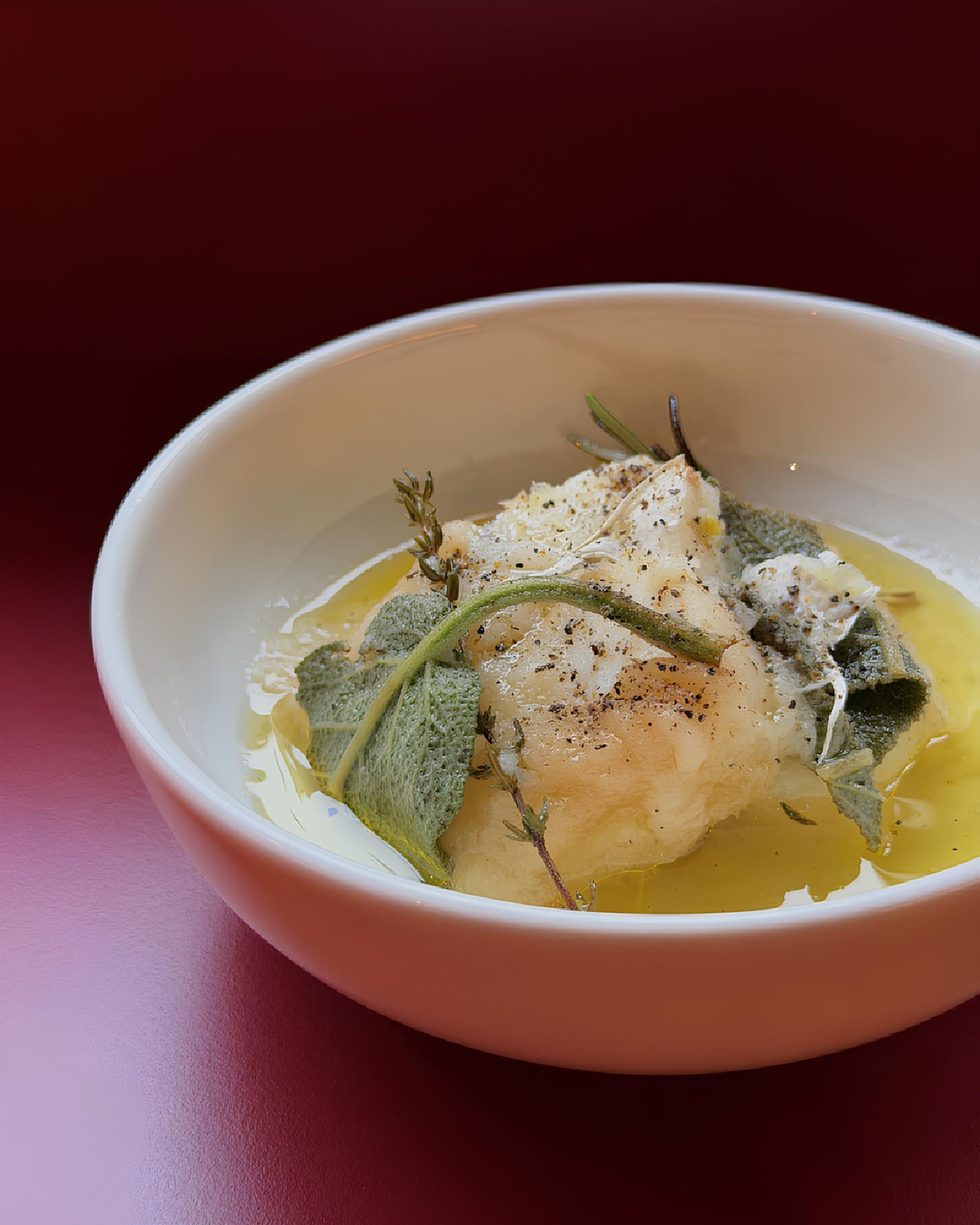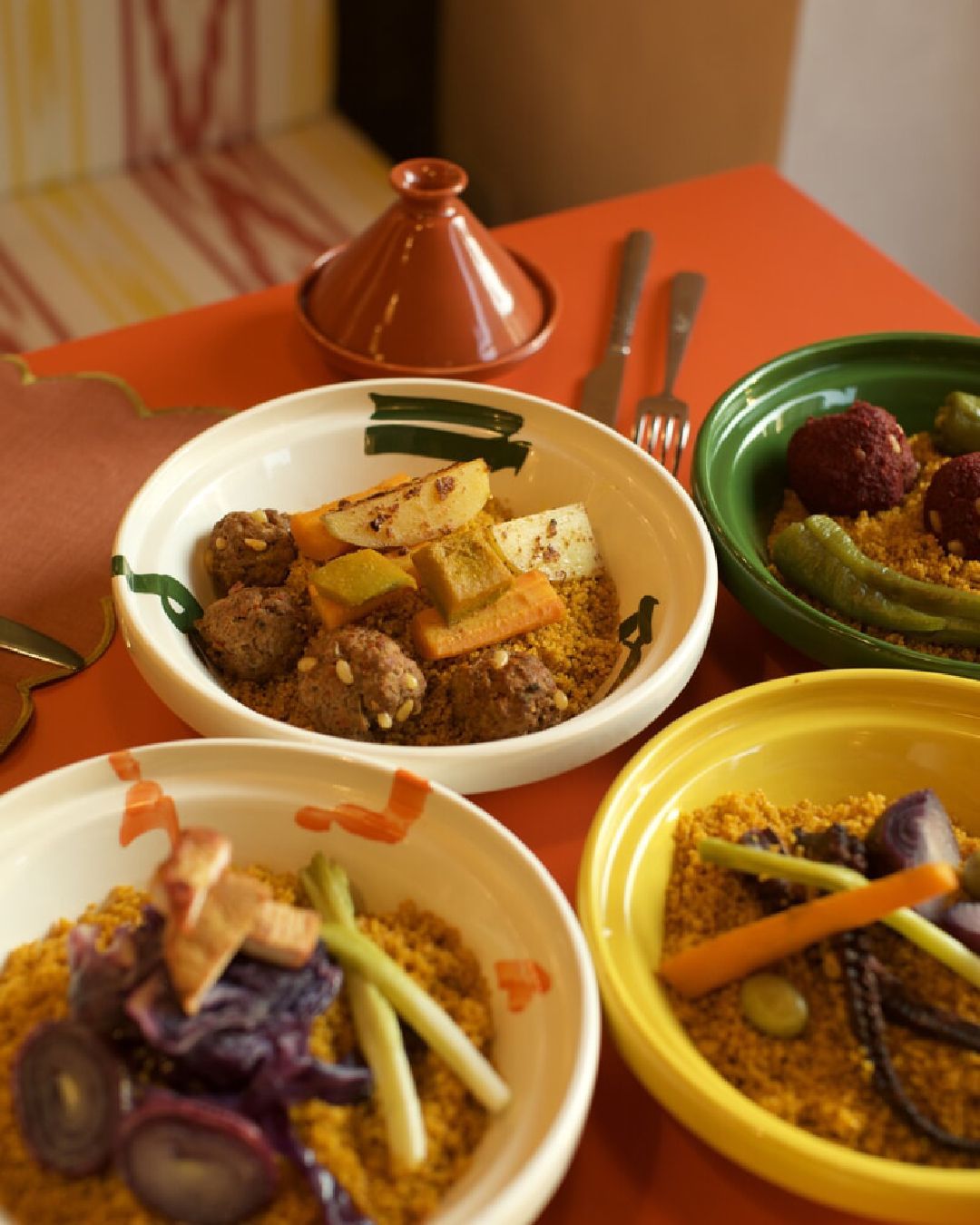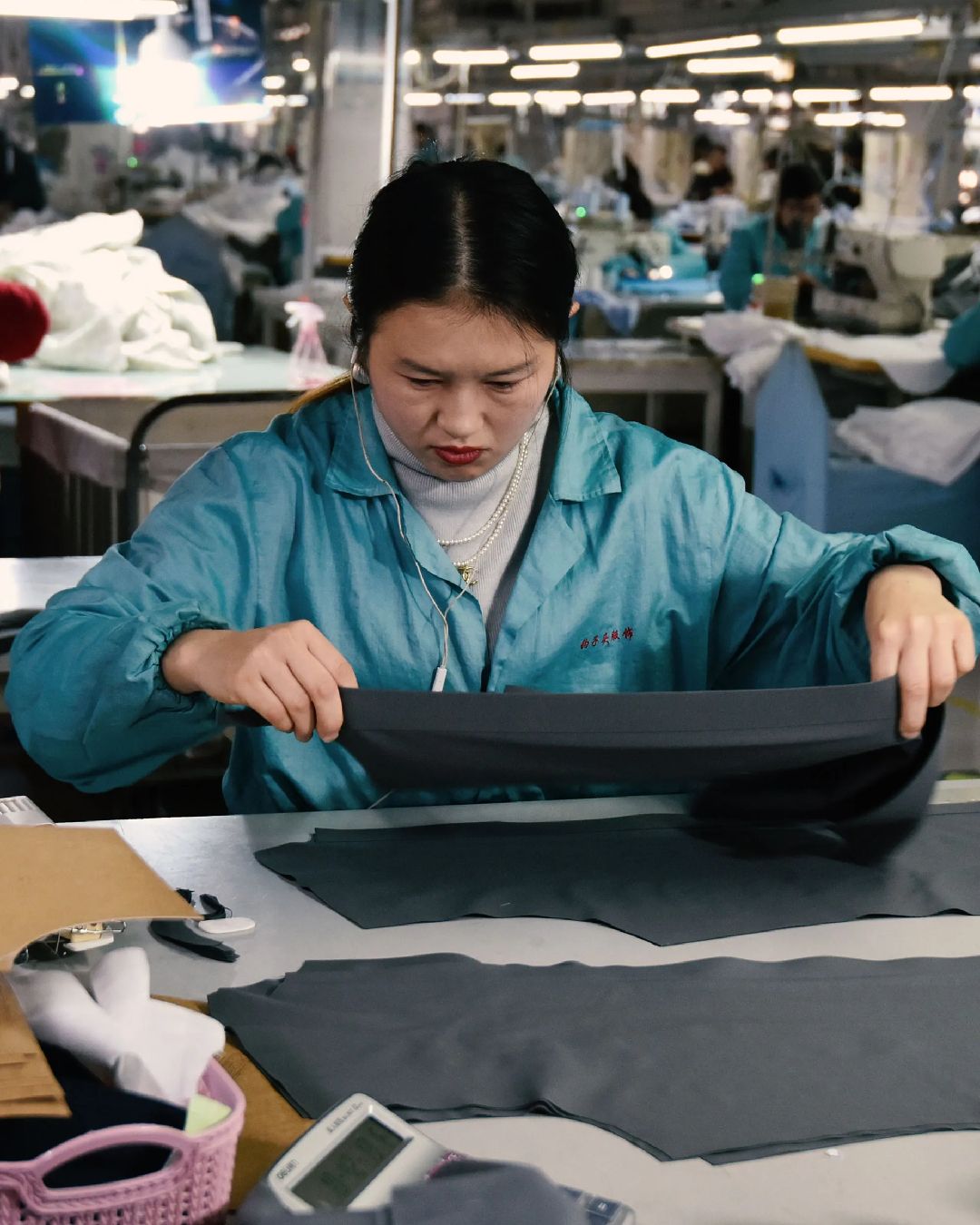
Why contemporary wineries are doing so well I offer natural wines and sophisticated cuisine, and I am increasingly in vogue
In Italy – especially in the big cities, but particularly in Milan and Rome – a certain type of winery is becoming increasingly popular, which could be described as "contemporary" and has certain recurring characteristics. First of all, the managers are often young and do not necessarily have a background in the restaurant industry, but come mostly from creative fields. The venues, which sometimes do not resemble a traditional winery, mainly focus on a selection of natural, organic, and biodynamic labels, usually from small producers – both Italian and international. Even the non-alcoholic offerings, when present, are of high quality, thanks to selected brands of soft drinks and kombucha. Finally, there is generally a small kitchen that serves dishes that appear simple but at the same time are appreciated and memorable. The supply chain is also very selective: great care is taken in sourcing raw materials, and the menu is often updated based on seasonality and new products available on the market.
It is not surprising, therefore, that these sophisticated yet familiar establishments are able to quickly become very popular gathering places, attracting a diverse audience – including many wine and gastronomy enthusiasts. The creator duo behind the project Cosa mangiamo oggi, one of the most appreciated and followed in Italy, are regulars at the Osteria alla Concorrenza in Milan, which despite its name is indeed a winery. Opened by chef Diego Rossi, who with his restaurant Trippa was one of the first to bring the "New Trattoria" model to Italy, Osteria alla Concorrenza is primarily a place to meet at the end of the day to enjoy a good glass of wine, accompanied by some small dishes – not overly elaborate but still impactful and well-executed. This is a format that typically unites almost all wineries, designed to become reference points for communities.
A selection of contemporary wineries
The format of wineries with kitchens specializing in natural labels has existed for some years now, but recently it seems to have gained even more traction, especially in large urban centers. One of the first establishments to make a mark in this field was E/N enoteca naturale in Milan. Together with Rome, the Lombard capital is perhaps the center where this "new wave" of wineries is most present. Besides those already mentioned, there are for example Palinuro Bar, Bar Nico, Section80Bar, Minerale, Bar Paradiso, and C. Socialist, among many others. Some were established in the past year, demonstrating how the trend is on the rise, and in relatively little time have managed to carve out their own space in Milan’s already extensive gastronomic scene. The same has happened in the capital, with establishments like Avanvera, launched in 2023 by chef Sarah Cicolini (from the much-loved restaurant SantoPalato), or Ruvido, which often hosts renowned chefs and features a large central counter, making it very convivial – echoing the traditional format of the Roman restaurant Mazzo, now also a winery.
@hedoniya_ It’s always aperitivo o’clock. #milan #enotecanaturale La dolce vita (In via Veneto) - Remastered 2017 - Carlo Savina
Another winery that opened in the past twelve months and immediately made an impact is Ciaparat. But in Rome, the enoteche with kitchens offering a selection of natural wines are numerous. Among the many, noteworthy are Circoletto (launched by the famous restaurant Trecca), Bar Bozza, Vinificio, La Mescita, Ritmo, and Enoteca l’antidoto – which benefits from the presence of chef Mirko Pelosi in the kitchen. In other major Italian cities, this format is somewhat less widespread, especially when it includes a more or less refined culinary offering and mainly focuses on natural labels. However, some establishments are paving the way: for example, the bistro Allegra in Bologna, launched less than a year ago by restaurateur Lorenzo Costa, or Stappo in Venice. There is also Banco and Gaudenzio in Turin, Nécessaire in Rimini, Maddalene in Verona, Vineria Bandita and Jus in Naples, or Dal Barone in Palermo.














































